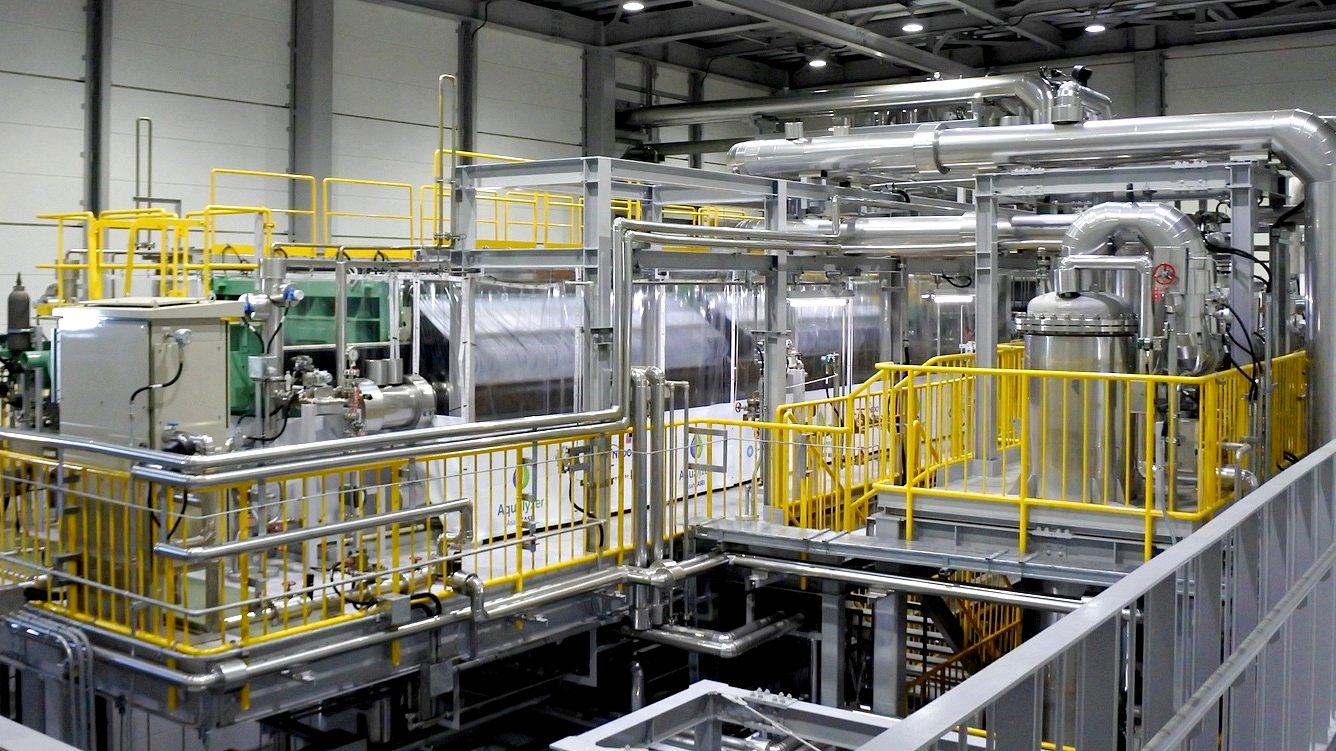Embracing Renewable Energy: A Vision for the Future
In the ever-evolving landscape of energy, the transition towards renewable sources stands as an inevitable progression. As we confront the challenges of climate change and environmental degradation, the shift towards renewable energy becomes not only a necessity but a moral imperative. Let’s explore why we will use renewable energy in the future and how it will shape our world.
Sustainability as a Driving Force
At the heart of the movement towards renewable energy lies the principle of sustainability. Unlike finite fossil fuels, renewable sources such as solar, wind, hydroelectric, and geothermal offer a virtually limitless supply of clean energy. By harnessing these resources, we can reduce our reliance on non-renewable fuels, mitigate greenhouse gas emissions, and safeguard the health of our planet for future generations.
Technological Advancements
Advancements in renewable energy technologies play a pivotal role in driving the adoption of sustainable energy solutions. From more efficient solar panels and wind turbines to breakthroughs in energy storage and grid integration, ongoing innovation continues to make renewable energy more accessible, affordable, and reliable than ever before. As these technologies mature, they will play an increasingly prominent role in our energy landscape.
Economic Viability and Job Creation
The transition to renewable energy not only benefits the environment but also holds significant economic potential. Renewable energy projects stimulate investment, create jobs, and spur economic growth in communities around the world. From manufacturing and installation to maintenance and operation, the renewable energy sector offers a diverse range of employment opportunities, driving prosperity and innovation.
Energy Security and Independence
Renewable energy sources enhance energy security and independence by diversifying the energy mix and reducing dependence on imported fuels. Unlike fossil fuels, which are subject to price volatility and geopolitical uncertainties, renewable resources are abundant and locally available. By investing in domestic renewable energy infrastructure, countries can strengthen their energy resilience and reduce vulnerability to supply disruptions.
Environmental Benefits
One of the most compelling reasons to embrace renewable energy is its profound environmental benefits. By displacing fossil fuels, renewable sources help reduce air and water pollution, mitigate habitat destruction, and preserve biodiversity. Additionally, transitioning to renewable energy contributes to global efforts to combat climate change, as it significantly lowers greenhouse gas emissions associated with energy production and consumption.
Community Empowerment and Engagement
Renewable energy projects have the potential to empower local communities and foster social cohesion. Community-owned renewable energy initiatives democratize energy production and distribution, allowing residents to participate directly in the transition to clean energy. By engaging stakeholders in decision-making processes and sharing the benefits of renewable energy development, we can build stronger, more resilient communities.
Educational Opportunities and Awareness
Education and awareness are essential components of the transition to renewable energy. By educating individuals about the benefits of renewable energy and promoting energy efficiency practices, we can inspire behavioral change and empower people to make informed decisions about their energy consumption. Additionally, investing in renewable energy research and education creates opportunities for innovation and knowledge-sharing, driving further advancements in the field.
Government Leadership and Policy Support
Government leadership and policy support are critical drivers of renewable energy deployment. Through incentives, subsidies, and regulatory frameworks, policymakers can create an enabling environment for renewable energy investment and innovation. By setting ambitious targets for renewable energy deployment and implementing supportive policies, governments can accelerate the transition to a sustainable energy future.
Global Collaboration for a Sustainable Future
Achieving a sustainable energy future requires global collaboration and cooperation. International partnerships and agreements facilitate technology transfer, capacity-building, and knowledge exchange, enabling countries to overcome common challenges and work towards shared goals. By harnessing the collective expertise and resources of the international community, we can accelerate the transition to renewable energy and build a more sustainable world for all.
Remember, to learn more about why we will use renewable energy in the future, visit ITCertsWin.























